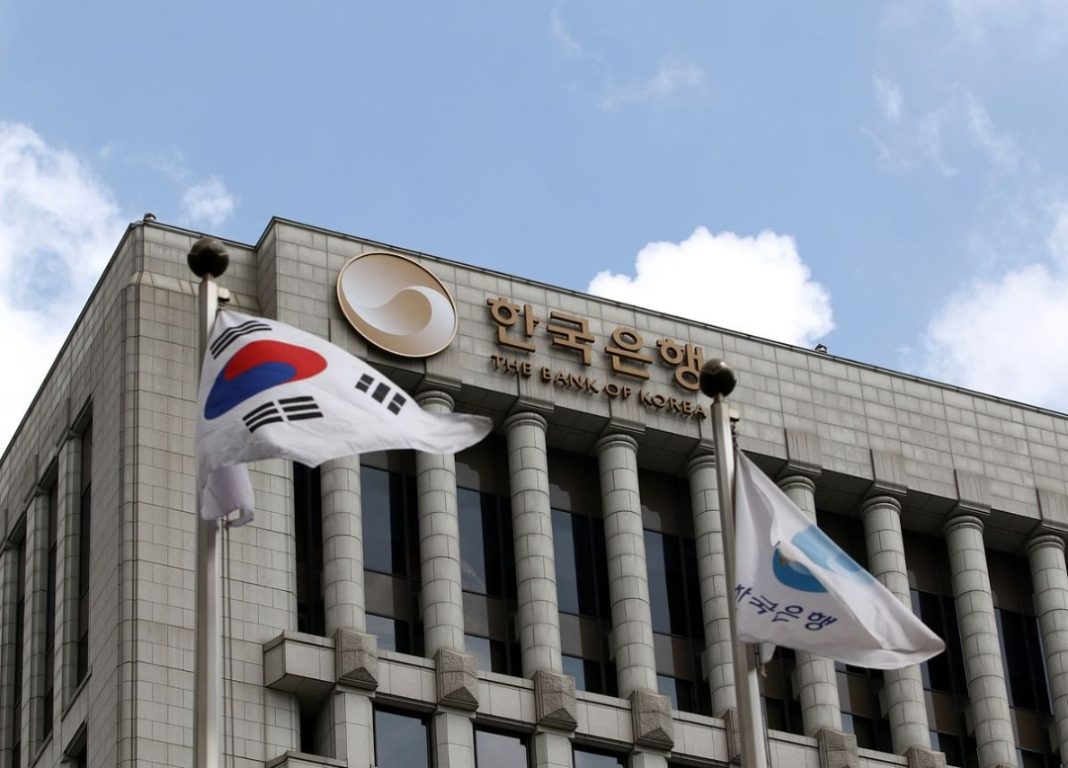Iranian bankers and officials from the state-run oil company and the petroleum ministry are in the nation to meet with South Korean government and company officials to talk about pending economic issues as multilateral talks to revive the 2015 Iran nuclear deal enter the final stretch.
Bilateral relations remain frayed over US$7 billion in Iranian funds locked in two Korean banks under U.S. sanctions, which were reimposed after former President Donald Trump in 2018 withdrew from the landmark agreement.
During the two-day meetings from Tuesday, the two sides discussed detailed payment options and the possibility of resuming oil trade in preparation for potential U.S. sanctions relief on Iran.
The country, which sits on the world’s fourth-largest oil reserves, had been a key oil supplier to South Korea, importing its goods such as industrial equipment, household appliances and vehicle parts.
In January, the top Iranian negotiator met with South Korea’s deputy foreign minister to discuss release of Tehran’s frozen assets in Seoul.
Ali Bagheri Kani, who is also Iranian deputy foreign minister for political affairs, said in the meeting held with Choi Jong-kun that regardless of the outcome of the talks in Vienna, the South Korean government is obliged to unfreeze Iran’s frozen funds, stressing that unilateral U.S. sanctions cannot justify the non-payment of Seoul’s debts to Tehran.
“The South Korean government is obliged to release Iran’s blocked assets, and unilateral U.S. sanctions cannot justify non-payment of debts to Iran,” he stated.
The Iranian diplomat also stressed that South Korea’s illegal and unjustifiable refusal to repay its debts to Iran would be a dark spot in the history of relations between the two countries, adding that Seoul should act as soon as possible to unfreeze Iran’s assets.
South Korea’s ambassador to Iran Yun Kang-hyeon has also noted the country has suffered badly from more than three years of U.S. sanctions on Iran as he insists that Seoul has been working hard to maintain its trade and energy ties with Iran despite excessive U.S. pressure.
